EFFECTS
From a combination of evaluation methods – questionnaires, follow-up questions, interviews, reading of reports and media search – we can conclude that the Radical Change program has led to effects on different levels.
1. Implementation and scaling of service innovations
The program generated a number of radical innovations of which five have been implemented as a part of the ordinary operations:
- Youtube channels as a tool for dialogue between teachers, pupils and parents, to reach parents that have barriers to formal meetings in Gävle.
- A free and flexible patient escorting service for disabled citizens in Laholm.
- Staff that “moves in”
- spending an evening and a night in patients homes in Oxelösund before the patient moves to an elder care center
- to ensure that the patients narrative is well known and is guiding the on-boarding process.
- Action-based empowerment program for young unemployed in Ronneby. –
- A chat channel between citizens and politicians and management in Kungälv. Parts of the other innovations have been implemented on different levels.
2. Effects on citizens
In some municipalities we can already see direct effects on the citizens lives. In Gävle, more parents are engaged in the dialogue with schools and social service. In Ronneby, young unemployed show increased courage, authenticity and empowerment in job seeking and entrepreneurship. In Laholm, disabled citizens can live more freely, due to non-restricted escort service. Worth noting is that the costs for the increased use of escort services is equal to the reduced administrative costs. In short: more and better service, to the same cost.
We can also see more general effects, as changes in overall attitudes. In Oxelösund, there is a dramatic change in the attitudes and impressions of the municipality – the citizens are now much more positive as well as more satisfied with the provided services. The change is referred to as a clear effect of the Radical Change program. Other local governments express similar observations.
3. Service design methodology as starting point in new projects
A clear effect of the ten pilot projects is the implementation of service design methodology in new projects. 40 new projects in different local governmental sectors use the service design methodology, thanks to the program participants being strong ambassadors and facilitators. As one participant states: “Co-creation and service design are crucial when the goal is to form new services that really meets the needs of the citizens today and tomorrow”.
These 40 new projects involve 210 new participants, using service design methods in their strive to develop local services. The new way of working, based on the service design approach, is now clearly spreading without support from SKL or Doberman.
4. Organizational changes
The 10 pilot projects have to a various degree influenced the local governments on an organizational level. Four project teams point out new ways of co-operations between different departments, that break the traditional silos. Three teams can see structural changes to ensure involvement of citizens in further service innovation and improvement initiatives. In Eskilstuna, a political decision has stated that all projects in the municipality will use co-creation with citizens as a core in their processes. There are also a few examples of new positions as a result of the implemented innovations.
5. Effects on staff
The participants in the program have given numerous testimonials about ”mindshifts”, personal and professional development and completely changed attitudes towards their way forward in the local governments. There are also positive testimonials from staff that have not been involved in the program but affected by the outcome.
Some can also point out effects on the staff in a broader scale, i.e. strong general improvements on the staffs attitudes – improvements that are believed to have a strong correlation with the program. Especially strong is the improvement in attitudes about how the local government encourage new ideas.
6. Distributions of methodology and learnings via media, conferences, awards
The word is spreading! Innovations and learnings have reached other local governments, as well as the national level of public sector. Presentations have been made on at least 75 conferences – by the project teams, SKL and Doberman. Other examples are study visits, hearings and seminars at national administrative bodies as The Ministry of Social affairs, The Swedish National Financial Management Authority, The Government Offices of Sweden and the Swedish Association of Health Professionals. The program has also got a lot of traction in local and national media in Sweden.
One of the innovations, Oxelösund, have been nominated to the prestigious Götapriset, an award for the country’s best development project in the public sector.
As a sidenote, the experiences from the Radical Change program has been discussed in the White House, in a meeting between Megan Smith, CTO of the White House, and Lisa Lindström, the CEO of Doberman ;-)


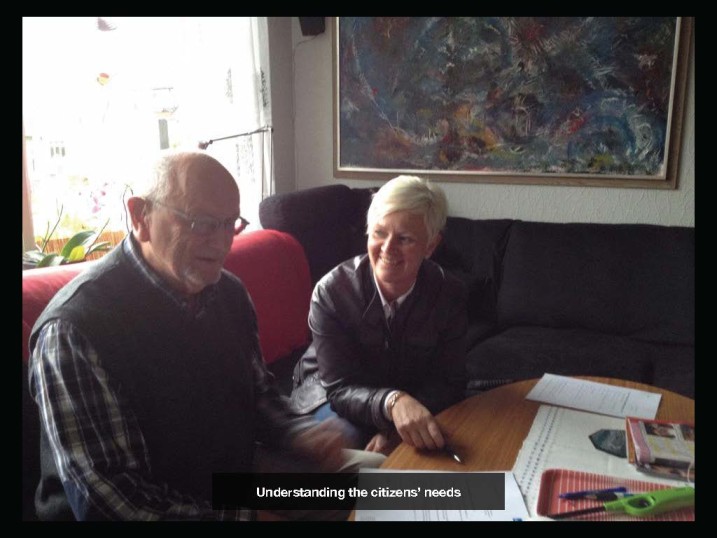
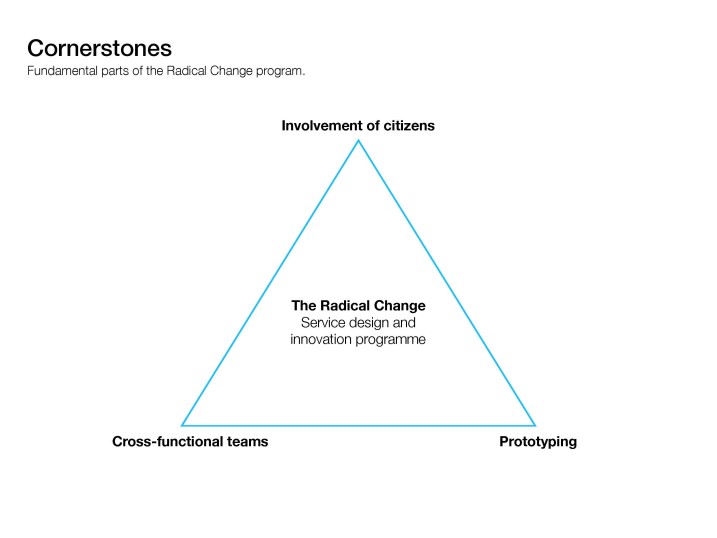
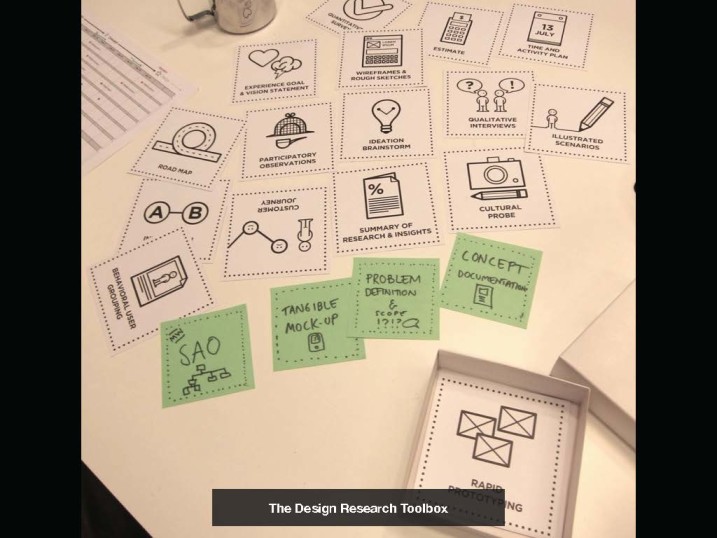
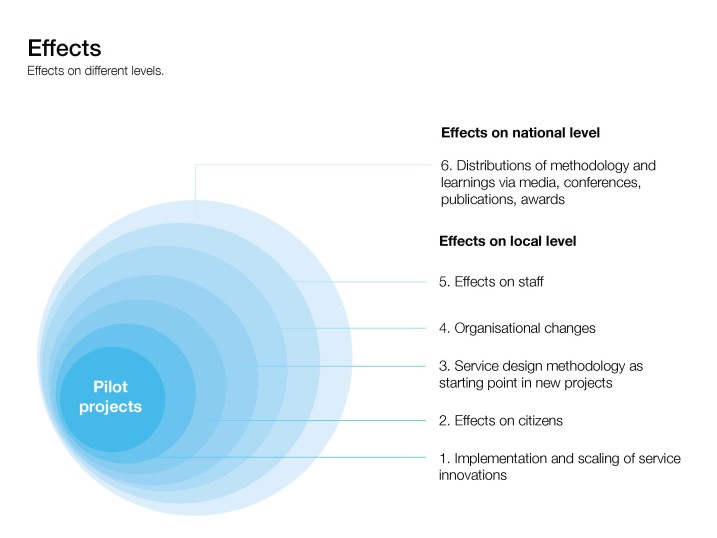
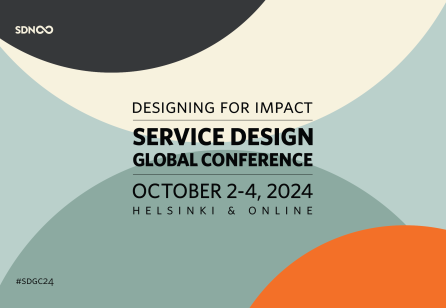
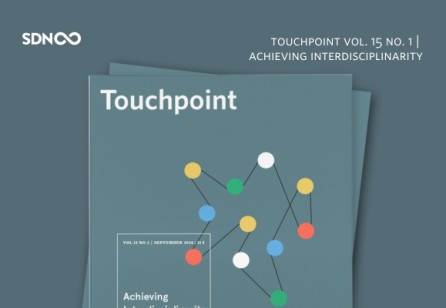
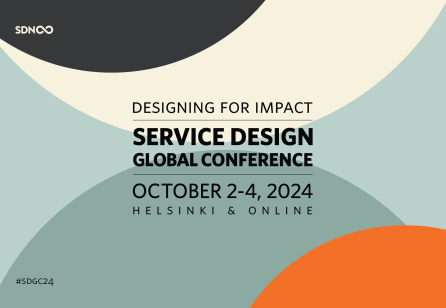


Share your thoughts
0 RepliesPlease login to comment